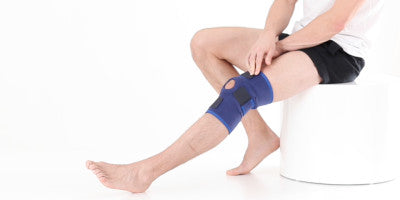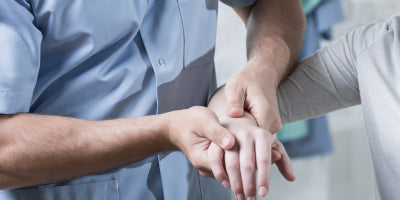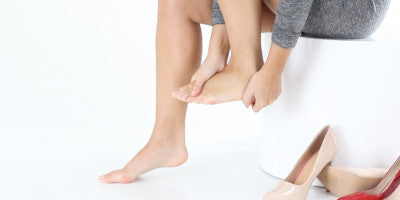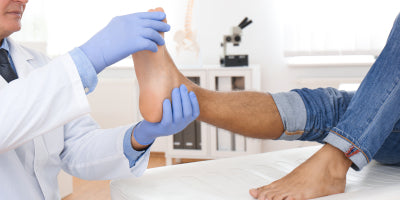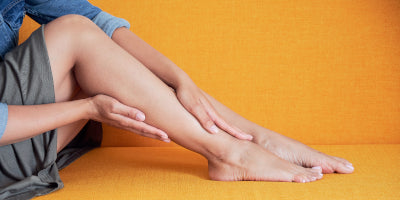Plantar Fasciitis
Plantar Fasciitis
Plantar Fasciitis is the result of degeneration of the collagen in the plantar fascia which runs from the bottom of the heel down into the toes. This is one of the most common causes of heel pain that presents itself at outpatient clinics although a large proportion of individuals will use the term plantar fasciitis to describe a number of heel pain issues so it is vital that it is properly diagnosed to help with treatment outcomes. Damage to the plantar fascia usually occurs due to repetitive overloading of this tissue and issues with the plantar fascia can be as a result of issues further up the body resulting in the plantar fascia taking loads that it is not designed to take.
Common Causes
Any activity that is putting stress on the plantar fascia can result in the condition however some things that can increase the likely hood of developing the condition include:
- Prolonged standing/running
- Improper shoe fit
- Increased BMI
- Tightness in the calf muscles
- Weakness in Gluteus Medius muscle causing the pelvis to drop
Common Signs & Symptoms
The common signs and symptoms of this condition are:
- Pain in the heel region that is worse first thing on waking/after a period of rest
- Difficulty raising toes from the floor (limited dorsiflexion)
- Limp or preference to toe walk
- Flat feet or fallen arches
- Sudden increase in activity
Condition Management
What should be done if you have this condition:
- Contact a physical therapist or podiatrist to have a full assessment and to get a proper diagnosis of plantar fasciitis as other conditions may have different management plans.
- A period of rest or reduced intensity of activities that are causing high levels of pain after the activity has stopped.
- Orthotic insoles may be offered to help with arch support
- Education on correct stretching and strengthening exercises for various areas such as calf muscles.
- In some instances if conservative management fails to help with the pain surgery may be required.



